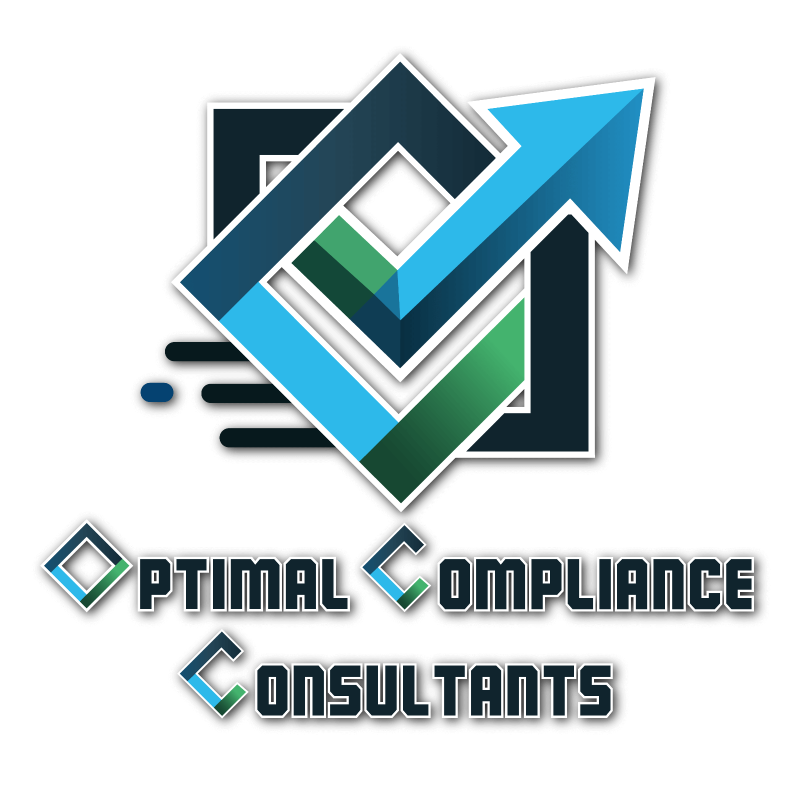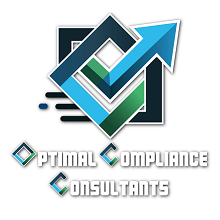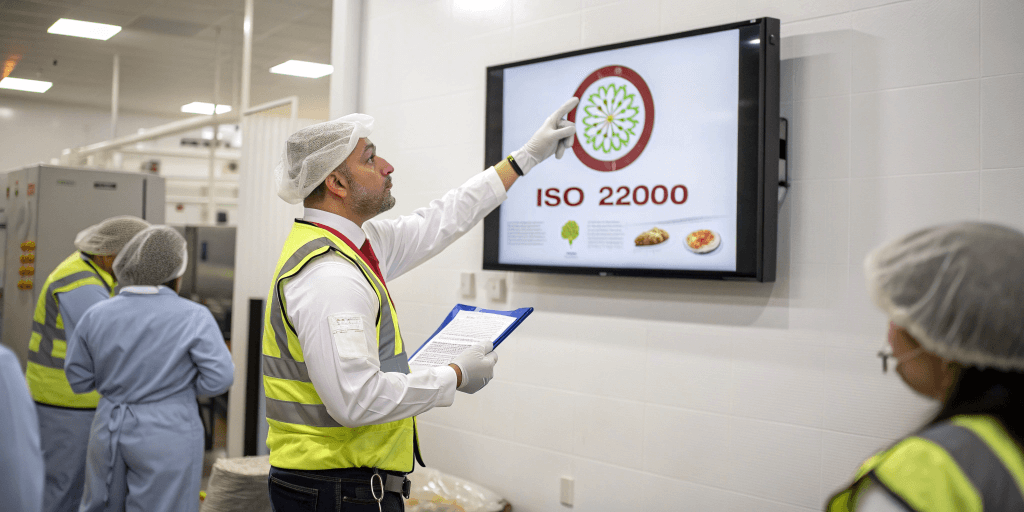ISO 22000 Certification: Ensuring Food Safety Excellence
What Is ISO 22000 Certification?
ISO 22000 is an internationally recognized standard for food safety management systems (FSMS). It provides a framework for organizations involved in the food supply chain to ensure the safety of their products at every stage, from production to consumption. The certification combines elements of HACCP (Hazard Analysis and Critical Control Points) with a risk-based approach, ensuring a comprehensive system for managing food safety.
Why ISO 22000 Certification Matters
Achieving ISO 22000 Certification demonstrates a commitment to food safety and quality, which can benefit businesses in various ways:
- Global Recognition: ISO 22000 is accepted worldwide, enabling businesses to access new markets and expand their operations.
- Consumer Trust: Certification enhances credibility and reassures customers about the safety of your food products.
- Regulatory Compliance: Adhering to ISO 22000 helps businesses meet food safety regulations in different regions.
- Improved Risk Management: A structured FSMS identifies and mitigates risks, reducing the likelihood of safety incidents.
- Operational Efficiency: Streamlining processes under ISO 22000 can lead to cost savings and higher productivity.
The Role of an ISO 22000 Consultant
Implementing an ISO 22000-compliant food safety management system can be complex, which is why many organizations seek the expertise of an ISO 22000 consultant.
How Consultants Help
- Gap Analysis: Identifying areas where the organization’s current practices fall short of ISO 22000 requirements.
- System Design: Developing a tailored FSMS that aligns with the organization’s operations and objectives.
- Training and Awareness: Educating employees about food safety principles and their role in maintaining compliance.
- Document Preparation: Assisting in creating the required documentation, such as food safety policies, procedures, and records.
- Audit Support: Preparing the organization for certification audits and addressing non-conformities.
ISO 22000 Food Safety Management: Key Components
ISO 22000 Certification is built on a systematic approach to food safety, encompassing the following key components:
1. Interactive Communication
Collaboration between all parties in the food supply chain is vital for managing risks effectively. ISO 22000 emphasizes clear communication to ensure all stakeholders understand and address potential hazards.
2. System Management
The standard integrates food safety into the overall management system, ensuring it aligns with the organization’s objectives and resources.
3. Prerequisite Programs (PRPs)
These are the basic conditions and activities necessary to maintain a hygienic environment, such as pest control, sanitation, and equipment maintenance.
4. Hazard Analysis and Risk Assessment
A core component of ISO 22000 is identifying and analyzing food safety hazards, followed by implementing control measures to minimize risks.
5. Continuous Improvement
ISO 22000 promotes a dynamic system that evolves based on internal audits, performance evaluations, and changing industry requirements.
ISO Certification for Food: Who Needs It?
ISO 22000 Certification is suitable for organizations of all sizes and stages in the food supply chain, including:
- Food manufacturers and processors.
- Packaging and storage companies.
- Transportation and logistics providers.
- Retailers and wholesalers.
- Hospitality businesses, such as hotels and catering services.
Steps to Achieve ISO 22000 Certification
Achieving certification involves a structured process that ensures your organization meets the standard’s requirements:
- Understand the Requirements: Familiarize yourself with the ISO 22000 standard and identify how it applies to your operations.
- Conduct a Gap Analysis: Evaluate current processes to identify areas needing improvement.
- Develop a FSMS: Design and implement a food safety management system tailored to your organization’s needs.
- Train Employees: Ensure your team understands the new system and their roles in maintaining it.
- Internal Audits: Conduct regular audits to identify non-conformities and improve the system.
- Certification Audit: Engage an accredited certification body to assess your FSMS for compliance with ISO 22000.
- Maintain Certification: Continuously monitor and improve your system to meet evolving food safety challenges.
Benefits of ISO 22000 Certification for the Food Industry
- Competitive Advantage: Stand out in a crowded market by showcasing your commitment to food safety.
- Customer Satisfaction: Delivering safe products strengthens relationships with consumers and stakeholders.
- Risk Reduction: Proactively addressing hazards minimizes the likelihood of food safety incidents.
- Regulatory Alignment: Meet legal requirements across multiple jurisdictions with confidence.
- Operational Excellence: A streamlined FSMS improves productivity and resource utilization.
Conclusion
ISO 22000 Certification is more than just a compliance requirement—it is a strategic investment in the safety, quality, and sustainability of your food products. Whether you are starting your journey or seeking to enhance an existing system, an ISO 22000 consultant can provide the expertise needed to achieve your goals.
Embrace the principles of ISO 22000 food safety management today to secure your organization’s future in a highly competitive and regulated food industry. By demonstrating your commitment to food safety, you build trust, enhance reputation, and ensure long-term success.





